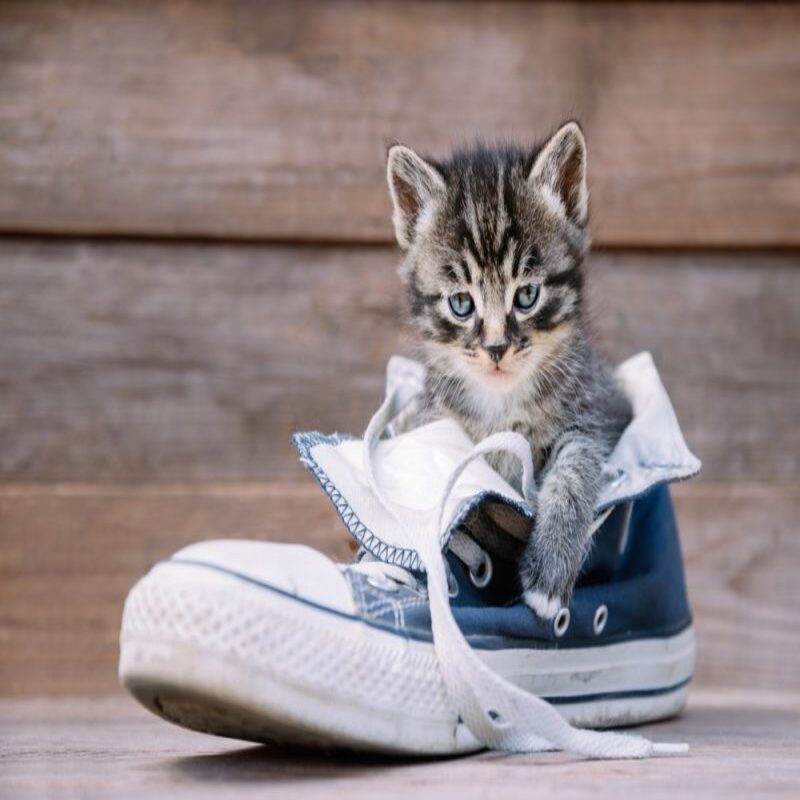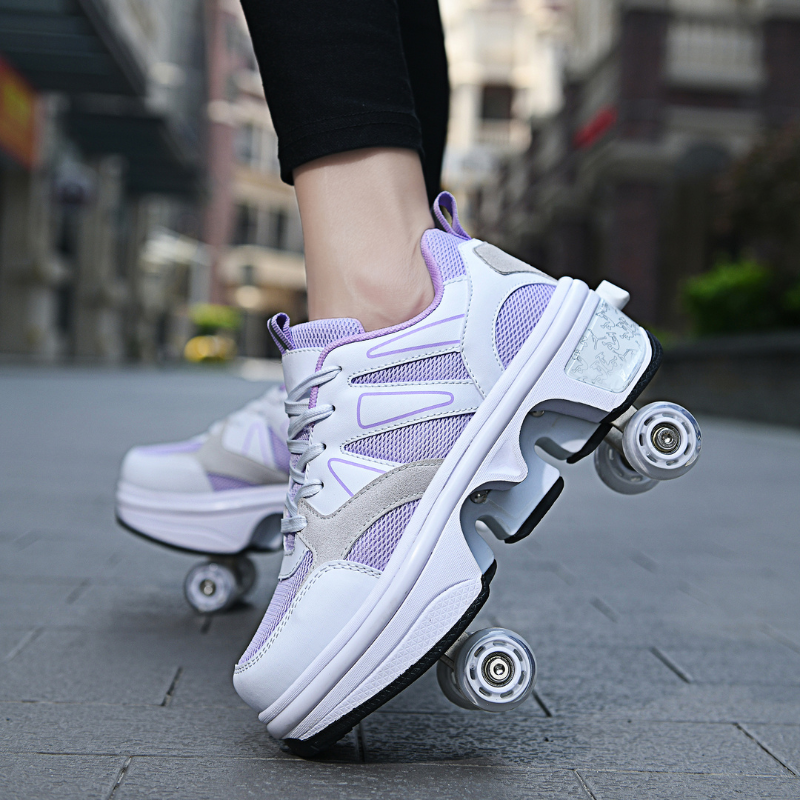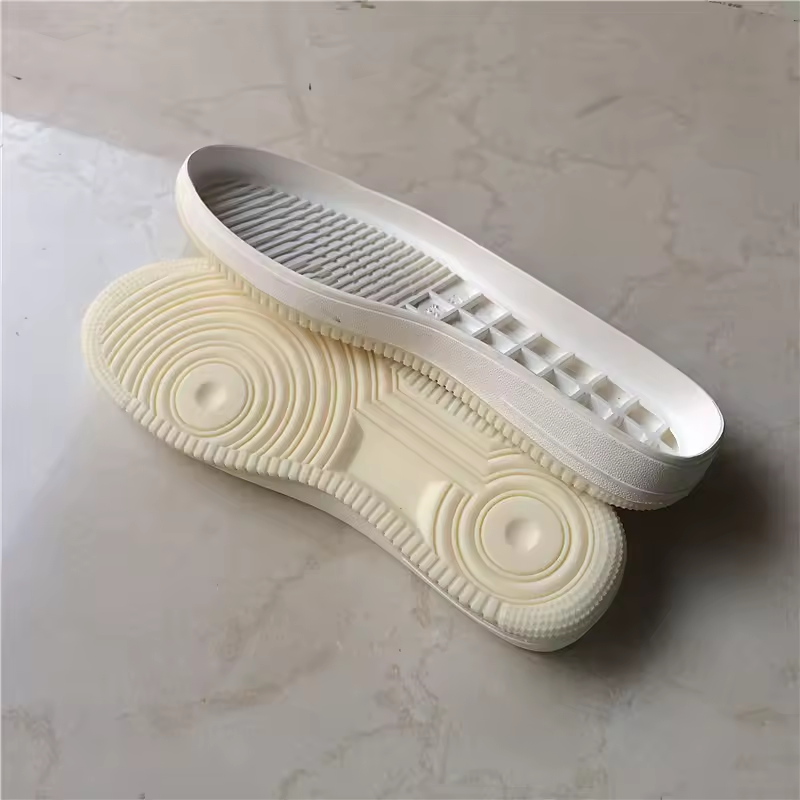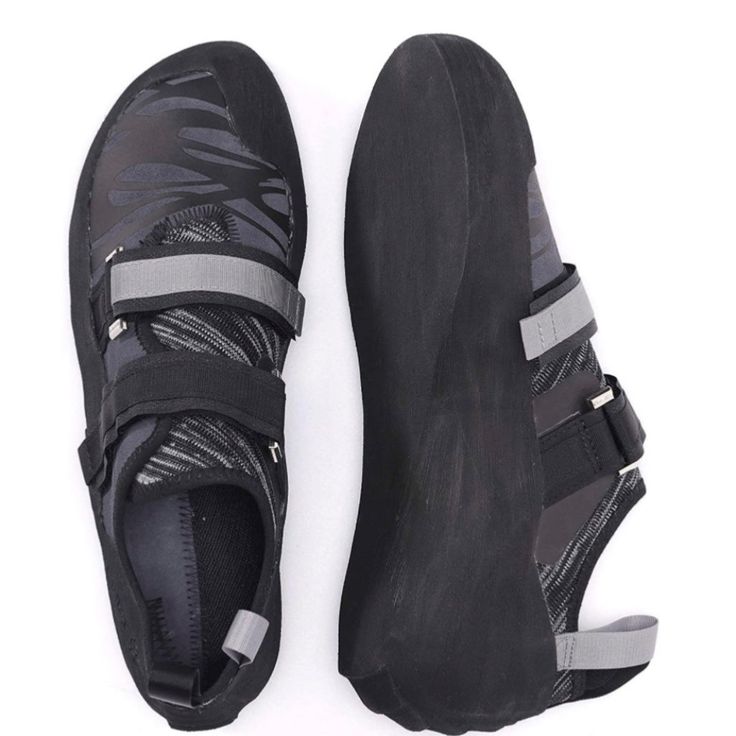Dealing with the smell of cat urine in shoes can be quite a daunting task. The pungent odor can cling to materials like fabric and leather, often making the shoes unwearable. However, removing cat pee smell is possible. With the right techniques, you can restore your shoes to their original state. In this article, we will explore effective methods to eliminate the smell, focusing on both natural and chemical solutions. We will also address preventative measures to take in the future.
Understand the Nature of Cat Urine
The Components of Cat Urine
To effectively remove cat pee smell from shoes, it’s essential to understand the components of cat urine. Cat urine contains urea, creatinine, and uric acid, among other substances. These compounds can break down and emit ammonia, creating a strong odor. The smell can linger for days if not treated properly. In addition, the way urine interacts with different materials can complicate removal. Some materials absorb more liquid than others, trapping odors. Knowing this allows for tailored solutions.
Why Cat Urine Smells So Bad
The strong odor of cat urine can be attributable to several factors. When a cat uses the litter box or inappropriately pees, it releases these odorous compounds into the air. Furthermore, dehydration can intensify the smell. Cats that are not well-hydrated produce more concentrated urine, which can carry a stronger scent. Additionally, the presence of bacteria will cause urine to decompose and produce even more foul-smelling compounds.
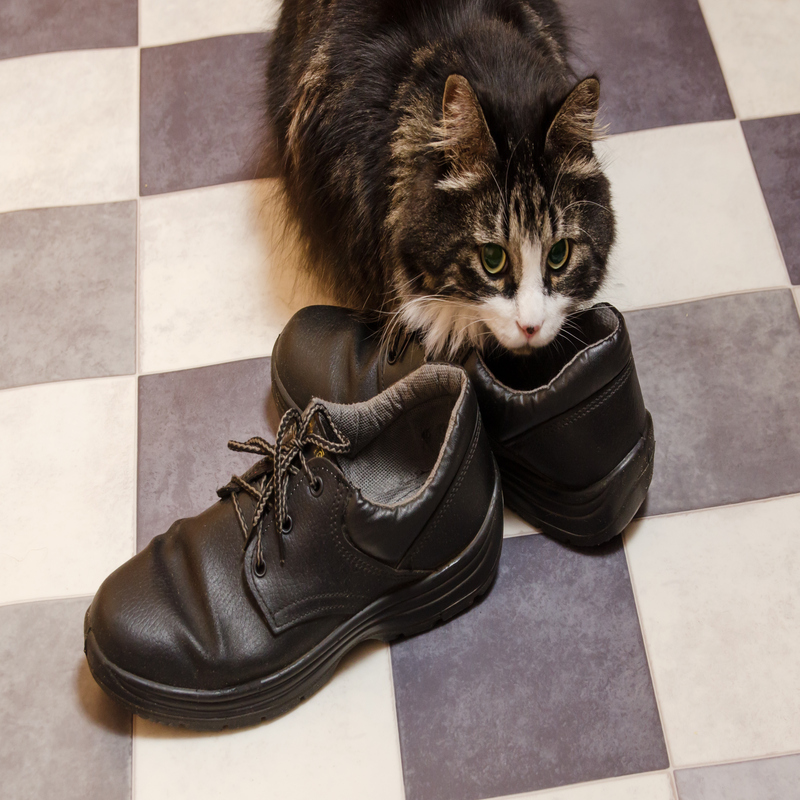
Initial Steps to Take
Act Quickly
When you notice a cat has urinated in your shoes, time is essential. The faster you act, the better your chances of fully eliminating the odor. If the shoe material allows, it is best to remove any excess urine immediately. Use a paper towel or cloth to soak up as much liquid as possible. Being prompt can significantly reduce the time that the urine can permeate the material. However, pressing too hard might push the urine deeper into the shoe. Instead, gently blot the area to absorb the liquid without forcing it further in.
Rinse the Affected Area
After soaking up as much urine as possible, take the next step by rinsing the affected area. Use cold water, as warm water can help set the stain and odor deeper into the material. Rinse until the water runs clear, then shake off the excess water. Be cautious not to soak the shoe entirely, as excessive moisture can lead to other issues such as mildew or mold.
Natural Cleaning Solutions
Vinegar Solution
Vinegar is a versatile and effective natural cleaner for eliminating cat pee smell. Mix equal parts white vinegar and water in a spray bottle. Spray the affected areas of the shoes, ensuring even distribution. Allow the mixture to sit for a few minutes to penetrate the odor. Vinegar works by neutralizing the odor-causing compounds. After letting it sit, wipe the area with a clean cloth or rinse with cold water. This method is particularly effective on fabric materials.
Baking Soda Application
Baking soda is another excellent natural remedy. Sprinkle a generous amount of baking soda onto the shoes, particularly in the areas where the urine has been absorbed. The baking soda will absorb moisture and odor from the shoes. Allow it to sit for several hours, or ideally overnight, for maximum effectiveness. Once the time is up, shake off the excess baking soda and vacuum the shoes to remove any remaining residue.
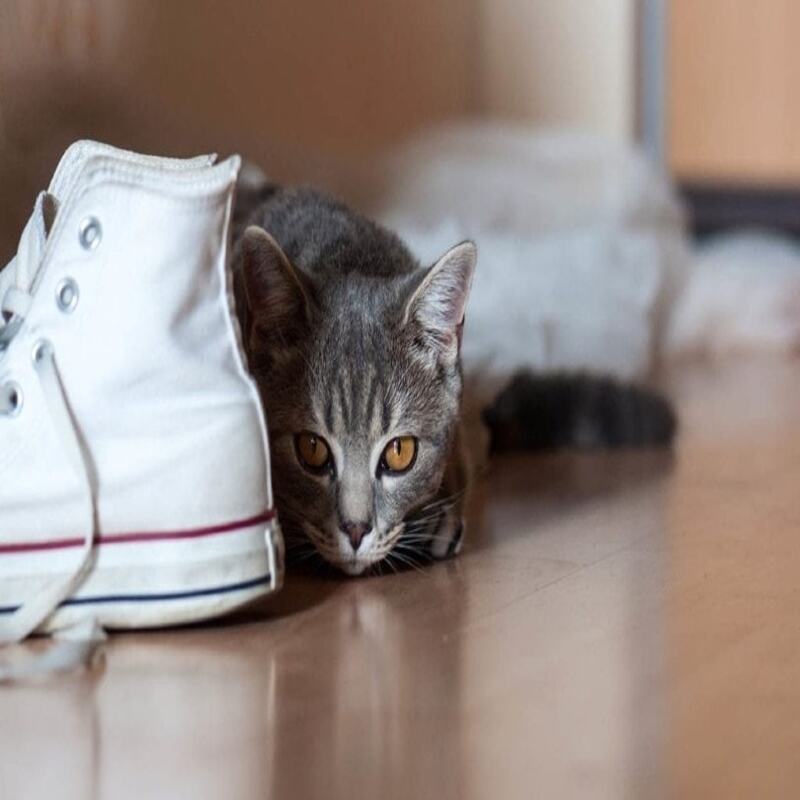
Chemical Cleaning Solutions
Commercial Enzyme Cleaners
For those facing stubborn odors, commercial enzyme cleaners can be a reliable choice. These products contain enzymes that break down the compounds found in cat urine, neutralizing odors effectively. Follow the product instructions closely. Generally, you’ll want to spray the cleaner generously onto the affected areas and let it dry completely. This might take several hours, or even overnight, depending on the product. Ensure proper ventilation while using these chemical solutions.
Hydrogen Peroxide and Dish Soap Combo
Alternatively, you can create a simple hydrogen peroxide and dish soap solution. Mix one part hydrogen peroxide, one part water, and a few drops of dish soap to create the solution. Apply this mixture with a cloth, gently scrubbing the affected area. Hydrogen peroxide acts as a disinfectant and odor neutralizer, while dish soap breaks down grime. After scrubbing, rinse with cold water and allow the shoes to air dry. This method is effective for both fabric and rubber surfaces.
Drying and Deodorizing
Air Dry
Once you’ve cleaned the shoes, the next step is to let them air dry. Utilize well-ventilated spaces to expedite the drying process. Placing them outside in a shaded area, away from direct sunlight, is ideal. Direct sunlight can damage certain materials. If outdoor drying isn’t feasible, consider using fans to circulate air around your shoes. Avoid using a dryer, as high heat can warp or damage the shoes, especially if they are made of leather.
Using Essential Oils
To further eliminate odors, consider using essential oils. Once your shoes are completely dry, add a few drops of essential oil to cotton balls and place them inside the shoes. Oils such as lavender, tea tree, and lemon are great choices. Not only will they mask any lingering odors, but they can also add a pleasant scent. Ensure to replace these cotton balls regularly for continued freshness.
Maintaining Freshness
Routine Cleaning
Prevention is key to avoiding cat urine odors in the first place. Incorporate routine cleaning of your shoes into your lifestyle. After wearing your shoes, especially in environments where your cat may roam, consider wiping them down. This simple habit can help minimize the accumulation of dirt and odors. Additionally, keeping your shoes stored in a dry and well-ventilated area can inhibit the growth of odor-causing bacteria.
Supervision and Training for Your Cat
Lastly, monitor your cat’s behavior to prevent accidents. Consider investing time in training your cat to use the litter box effectively. Keep the litter box clean and accessible to encourage appropriate behavior. Cats may avoid using a dirty litter box, leading them to find other places to urinate. Establishing a consistent cleaning schedule for the litter box can mitigate potential problems before they begin.
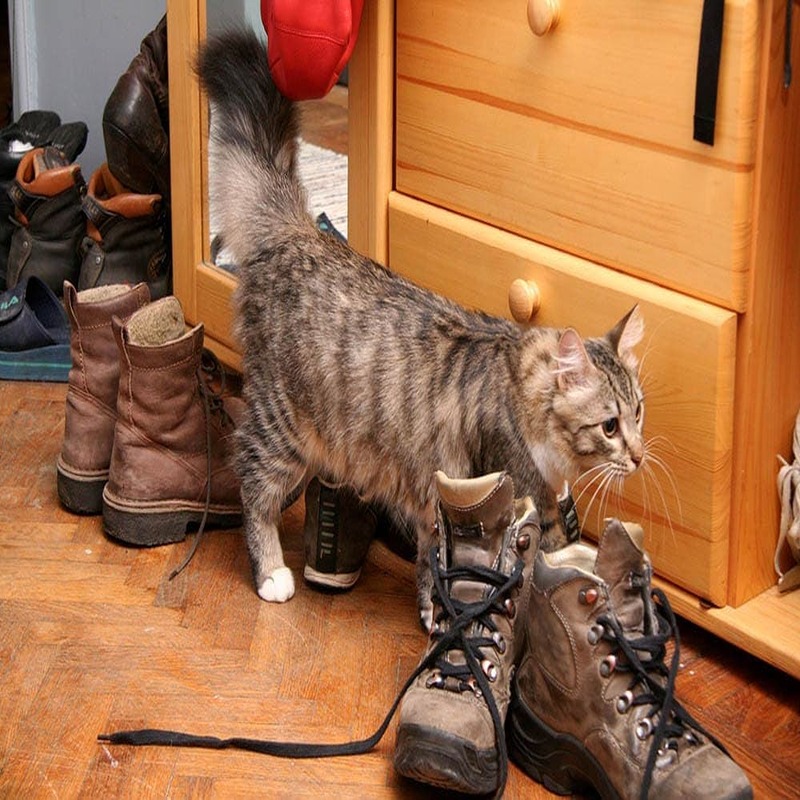
Dealing with Stubborn Odors
In some cases, despite your best efforts, odors can be stubborn. If you find yourself struggling to eliminate the smell, don’t lose hope. Several additional tactics can assist in situations where standard methods have failed.
Enzymatic Cleaners
Enzymatic cleaners are specifically designed to break down odor-causing substances. These cleaners contain enzymes that target organic materials, efficiently neutralizing odors. When purchasing an enzymatic cleaner, read the label to ensure it is safe for the material of your shoes.
Apply the cleaner according to the package instructions. Often, you may need to allow it to soak for a certain period. Afterward, wipe it off and let the shoes dry thoroughly. Many pet owners find success with these products.
Activated Charcoal
Activated charcoal is another fantastic option for absorbing odors. You can find activated charcoal in sachets or bags at pet or home supply stores. Place the charcoal inside your shoes and leave them overnight.
You may repeat this process if needed. As a natural deodorizer, activated charcoal can effectively remove stubborn scents. Additionally, it is non-toxic and environmentally friendly.
Conclusion
The pungent smell of cat pee can seem zapping to your journey through life, especially when it clings to your shoes. Yet, with the right techniques and some determination, you can successfully remove the odor. From natural solutions like vinegar and baking soda to commercial products, you have a plethora of options. Moreover, integrating preventive measures can significantly reduce the chances of future accidents. By acting quickly and applying these methods, you’ll enjoy fresh-smelling shoes once again. Don’t forget to implement routine cleaning and encourage your cat to use the designated areas effectively. In doing so, you can maintain a pleasant environment. Your shoes—and your nose—will thank you!
